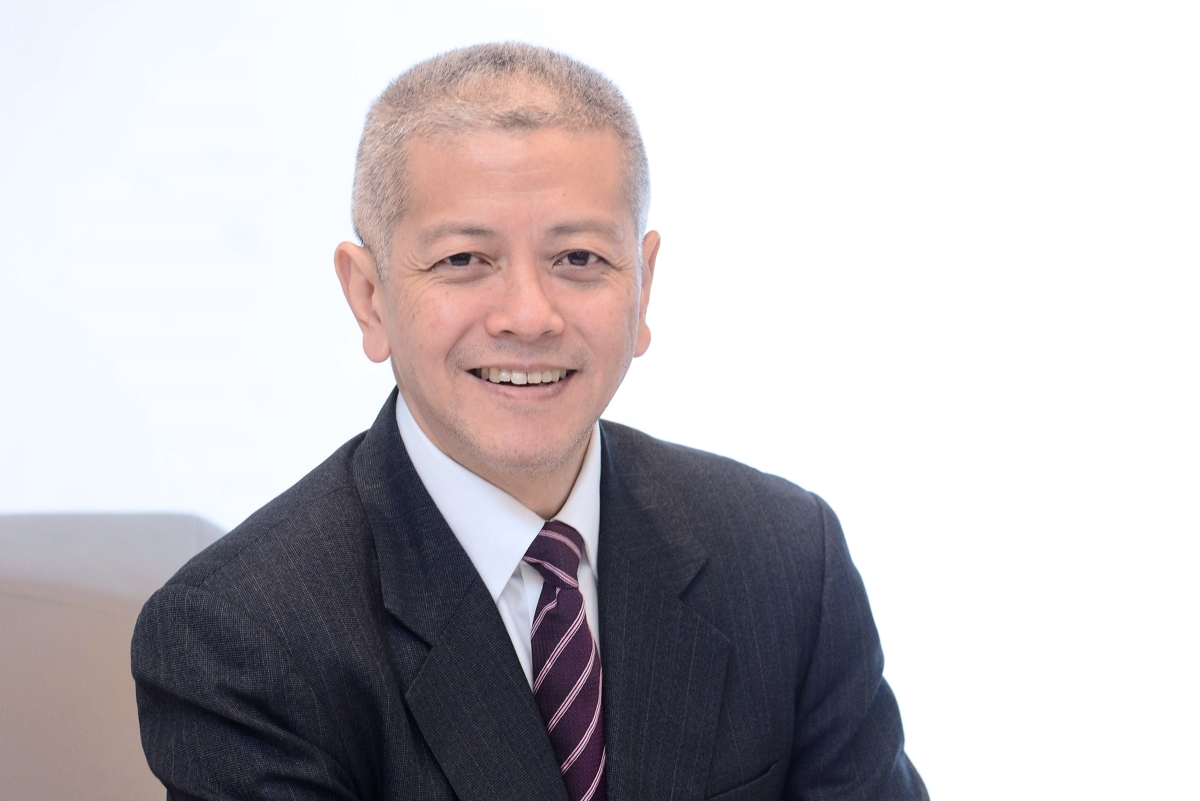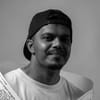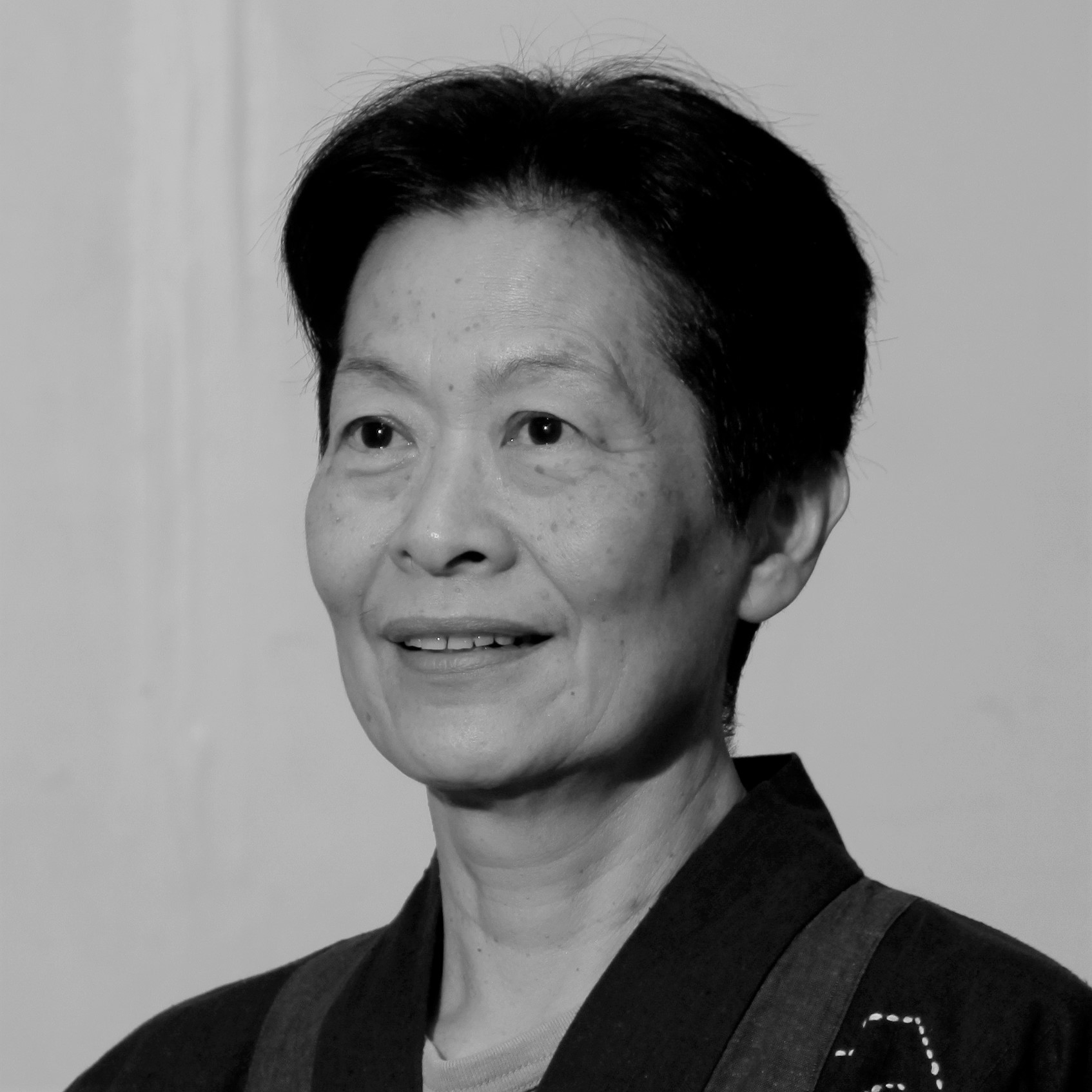- Home
- March 2023
- Generating Knowledge for a Multipolar World: Ooi Kee Beng in conversation with Danny Quah (Part 2)
Generating Knowledge for a Multipolar World: Ooi Kee Beng in conversation with Danny Quah (Part 2)
by
Dato' Dr. Ooi Kee Beng

Previous Post
Next Post
Swiping Your Way to Love
5 min read
HERE’S A RIDDLE: What has three words, nine letters and marks the start of many love stories today?The answer: “It’s a match!” flashing on your screen.I am, of...
You might also like
Imagining National Culture: Lessons From Bangsawan
6 min read
IN THE FIRST half of the 20th century, Bangsawan, or Malay opera, started incorporating the latest Anglo-American dances and music into its already cosmopolitan...
Words and Music—Two Sides of the Sense of Hearing
3 min read
MUSIC HAS ALWAYS been a phenomenon to savour for the great thinkers. One can sense how these master craftsmen of words relished being stumped when it came to an...
Discourse on Sustainability and Indigeneity: PERA + FLORA + FAUNA 2022
4 min read
Photos by PORTPERA + FLORA + FAUNA (PFF) was one of eight “must-see” exhibitions held during the 59th International Art Exhibition of Venice Biennale, themed Th...





